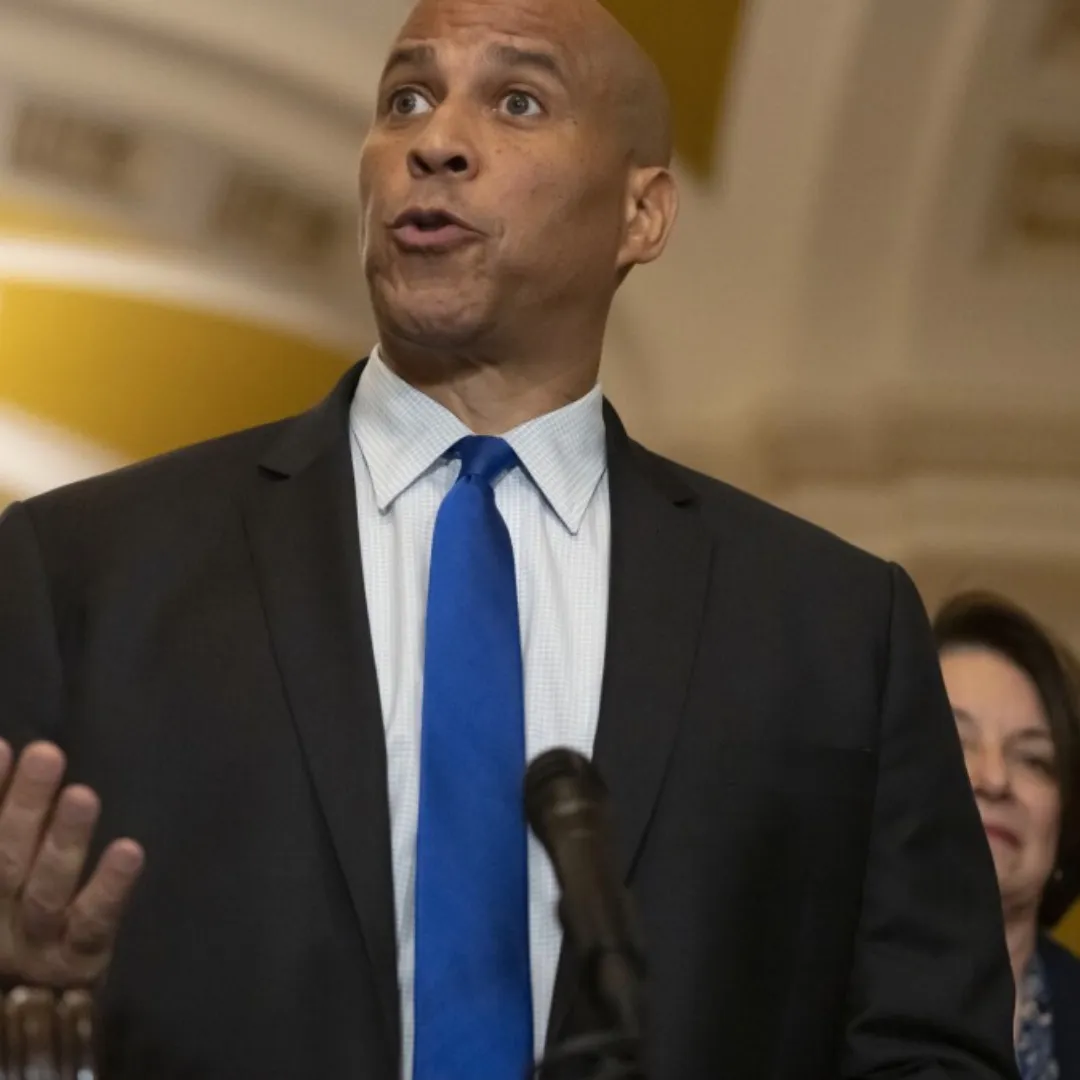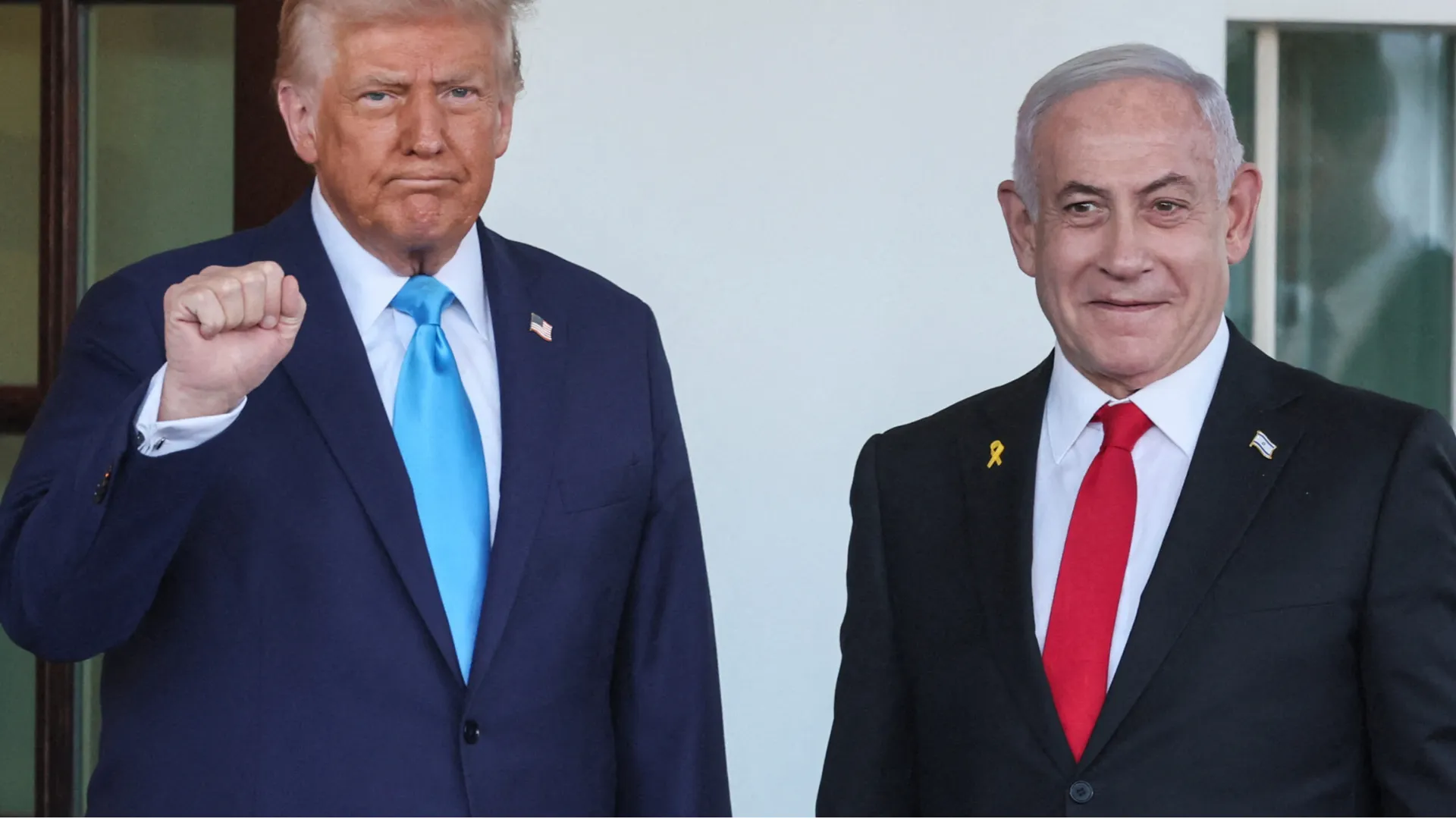In an escalating exchange of sharp rhetoric, Kevin Hassett, Director of the White House National Economic Council (NEC), fired back at billionaire hedge fund manager Bill Ackman’s dire warning about the economic impact of President Donald Trump’s trade policies.
Ackman had cautioned that the President’s sweeping tariffs could potentially trigger a “self-induced, economic nuclear winter.” His comments, made during an interview on Fox News Channel's “Fox & Friends,” set off a wave of commentary, with Hassett deeming the remarks “completely irresponsible rhetoric.”
The interview, which aired Monday morning, gave Hassett an opportunity to respond directly to Ackman’s grim outlook. The White House economist took a firm stance, urging not only the hedge fund investor but the broader public to “ease off the rhetoric a little bit.”
Hassett’s comments struck a stark contrast to Ackman’s, with the former arguing that the actual economic impact of Trump’s tariffs would not be as catastrophic as some feared.
Ackman’s warning about a potential “economic nuclear winter” stemming from Trump’s tariff policies reflected his deeply held concern about the long-term consequences of the trade war. According to Ackman, the president’s trade strategy could lead to severe economic disruptions, hurting American consumers and businesses alike.
He argued that the move would not only disrupt global trade but would also likely hurt Trump’s own supporters, who might find themselves among the hardest hit by the economic fallout.

Hassett, however, dismissed these warnings, emphasizing that the overwhelming majority of the country’s gross domestic product (GDP) would remain largely unaffected by the tariffs. “Most of the GDP in this country is not affected by these new tariffs,” Hassett stated during the interview, pointing out that imports, which the tariffs target, account for just 14 percent of GDP.
The remaining 86 percent of the nation’s economic output, he explained, is influenced by factors such as deregulation and tax cuts—policies championed by the Trump administration.
Even if the tariffs did have some negative impact, Hassett argued, it would be minimal compared to the broader economic shifts initiated by the administration’s other policies. “Even if you think that there will be some negative effect from the trade side, that’s still a small share of GDP,” Hassett continued.
The notion that the U.S. economy would suffer from a “nuclear winter” as a result of Trump’s trade policies, according to Hassett, was simply “completely irresponsible rhetoric.”
Hassett’s defense of the administration’s economic policies underscores a broader theme in the Trump White House: the dismissal of warnings from critics about the long-term effects of the trade war. While economists like Ackman and others have expressed concerns about the potential economic downturn, the White House has largely painted these warnings as exaggerated.
Hassett and his colleagues have remained confident that the economic fundamentals under Trump’s leadership—especially tax cuts and deregulation—will continue to drive growth, even in the face of tariff-related challenges.
Bill Ackman, a well-known investor who had previously endorsed Trump during the 2016 presidential election, has been one of the most outspoken critics of the tariffs. In a series of public statements and social media posts, Ackman made it clear that he believed Trump’s trade policies could have disastrous effects on the U.S. economy.
In his view, the tariffs would create widespread uncertainty in the market, ultimately undermining business investment and consumer spending. His warning extended beyond the immediate economic impact, touching on the long-term reputational damage that could arise from the U.S. taking a more confrontational stance in global trade.
:max_bytes(150000):strip_icc()/GettyImages-2158830162-973d9ae969684f90a75e8f5f731bbf31.jpg)
Ackman also advocated for a temporary pause, suggesting that Trump call a “90-day time out” in the tariff battle. During this period, he argued, the President could engage in negotiations to address what he called “asymmetric tariff deals,” a move he believed would encourage investment and lead to a more equitable global trade environment.
Ackman proposed that by resolving trade imbalances, the U.S. could potentially induce trillions of dollars in new investment.
If this approach were not pursued, Ackman cautioned, the U.S. would find itself “launching an economic nuclear war on every country in the world,” leading to a “grinding halt” in business investment.
Consumers, he warned, would likely “close their wallets and pocket books,” and the United States would suffer a blow to its international reputation, one that could take years or even decades to repair.
The hedge fund manager’s stark language was a reflection of his deep concerns about the future of the American economy, but it was also an attempt to call attention to what he saw as a rapidly escalating global crisis. Ackman went on to write that Monday presented a critical moment for Trump to pause and recalibrate.
“The President has an opportunity on Monday to call a time out and have the time to execute on fixing an unfair tariff system,” Ackman wrote in his statement. "Alternatively, we are heading for a self-induced, economic nuclear winter, and we should start hunkering down. May cooler heads prevail."
While Ackman’s assessment of the tariffs as potentially catastrophic struck a chord with many critics of the administration’s policies, Hassett took a markedly different view.
The White House has consistently downplayed concerns about the economic risks of the trade war, focusing instead on the long-term benefits of rebalancing trade deals and protecting American industries from what it sees as unfair foreign competition.
Hassett’s defense of the administration’s position comes amid a growing chorus of voices—both inside and outside the government—warning that the trade war could have serious consequences.
What’s clear from this ongoing debate is that the U.S. is at a crossroads. On one side are voices like Ackman’s, which highlight the risks of economic isolationism and the potential damage of a trade war. On the other side is the Trump administration, which remains confident that its economic policies will ultimately lead to growth and prosperity.
For many observers, the challenge lies in balancing the immediate effects of tariffs with the broader, long-term vision for America’s role in the global economy.
The debate between Hassett and Ackman is more than just a disagreement over economic theory—it is a reflection of the wider ideological divide that defines much of the current political landscape.

The Trump administration’s approach to tariffs is rooted in a belief that the U.S. must assert itself more forcefully in trade negotiations, challenging long-standing deals that it views as unfair. Critics, however, warn that this confrontational stance could have unintended consequences, both domestically and internationally.
As the trade war continues to unfold, the economic ramifications will become clearer. Will the administration’s policies drive growth, as Hassett believes, or will they lead to a downturn, as Ackman fears? The coming months will likely provide the answers, but for now, both sides are digging in their heels, each convinced that their vision for America’s economic future is the right one.
In the end, the question remains: can the U.S. navigate this turbulent trade war without facing the kind of economic disaster that Ackman and others have warned about, or is the country heading into a period of self-inflicted harm? The rhetoric is heated, the stakes are high, and the economic future of the nation hangs in the balance. It is a moment that will define not just Trump’s presidency but America’s place in the world for years to come.




